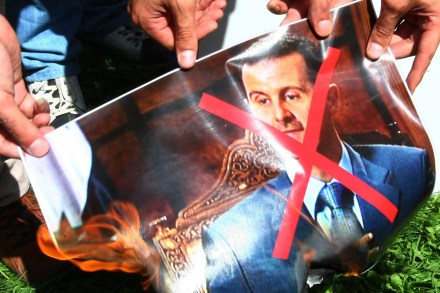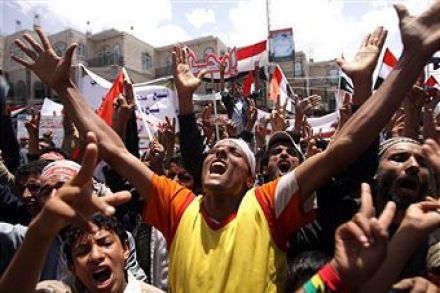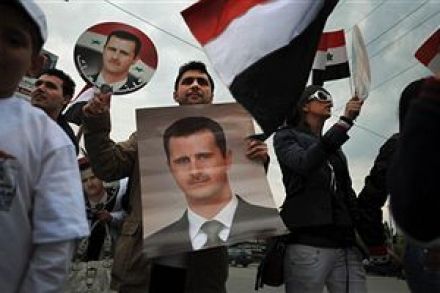Middle East round-up
Reuters is reporting that Libyan rebels have taken control of Libyan state TV – one of the last organs to remain in Gaddafi’s hands. It’s another indication that the dictator’s position is increasingly hopeless; although it appears that one of his sons may have been ‘liberated’ by resurgent loyalist forces. So there’s a glimmer of life in the Mad Dog yet and, plainly, the fanatics will fight to the last bullet, as they promised to do at the outset of NATO’s campaign. The sudden fixation with Libya has marginalised some other stories in the region. The UN’s Human Rights Commissioner, Ravi Pillay, has revealed that the death toll in Syria has climbed













